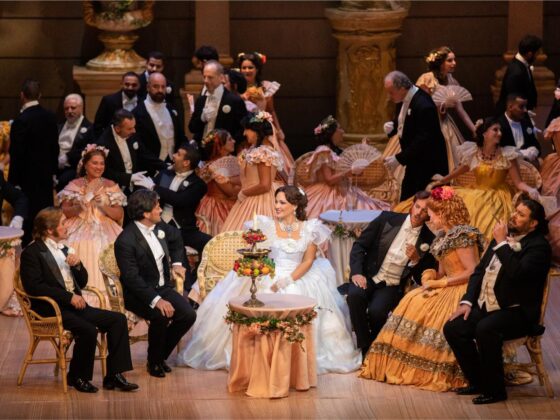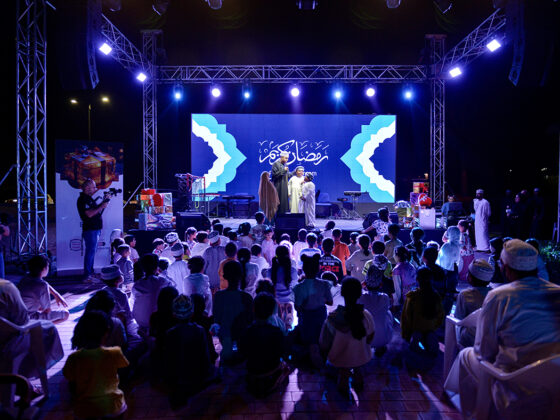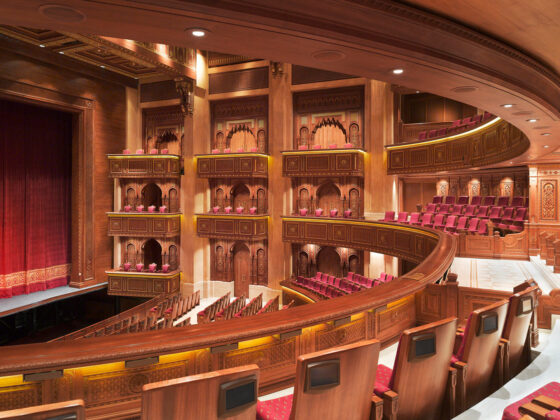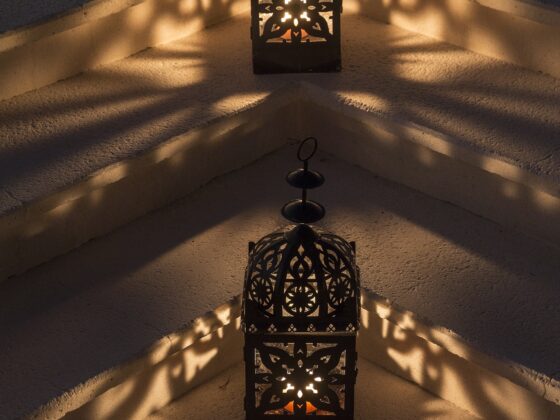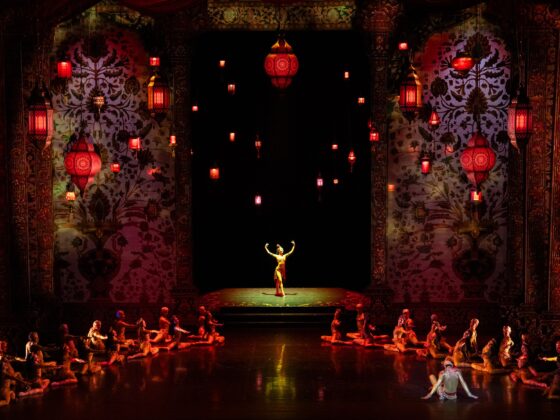“Celestial Bodies,” a family saga set against Oman’s transition into a modern state, became the first novel originally written in Arabic to win the Man Booker International Prize.

The prize, given each year to the best book translated into English and published in Britain, is widely seen as the world’s most significant award for translated fiction. It is distinct from the more well-known Booker Prize, for fiction originally published in English. Bettany Hughes, the chairwoman of the judging panel, called “Celestial Bodies” “a book to win over the head and the heart in equal measure.” “Its delicate artistry draws us into a richly imagined community, opening out to tackle profound questions of time and mortality,” she said in a statement announcing the award.
Jokha Al Harthi’s novel, first published in 2010 as “Ladies of the Moon,” is a book that follows an Omani family over three generations, from the 1880s to today. “Every character — woman or man, enslaved or free — finds themselves trapped, in some way, by history” as Oman itself changes around them, Marcia Lynx Qualey wrote in a review for the National, a newspaper based in the United Arab Emirates. The book is “a beautifully achieved account of lives pulling at the edges of change” Michael Cronin wrote in The Irish Times, adding that it also “deftly undermines recurrent stereotypes about Arab language and cultures.” Jane Housham, writing in The Guardian, said although the number of characters was bewildering at times, “the glimpses into a culture relatively little known in the West are fascinating.”

Jokha said in an interview published on the Man Booker International Prize’s website that Omani authors want foreign readers to look at the country “with an open mind and heart.” “No matter where you are, love, loss, friendship, pain and hope are the same feelings,” she said, “and humanity still has a lot of work to do to believe in this truth.”
Booth, the translator of “Celestial Bodies,” said in an interview published on the Man Booker International Prize’s website that the “vivid use” of local expressions and classical Arabic poetry made translating the novel an “enormous challenge. “But the book shows what imaginative writing is happening across the Arab world, she said, even in a country “that is less literarily mapped” like Oman.
Courtesy of ONA



